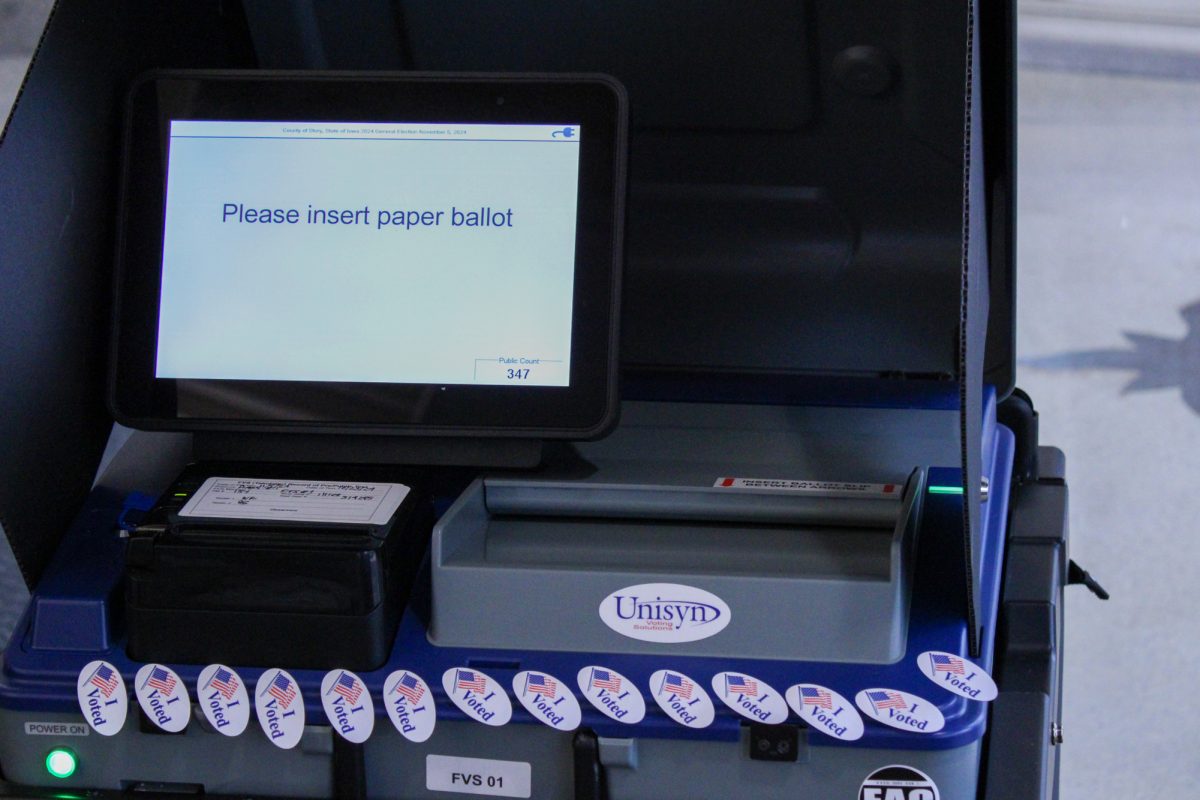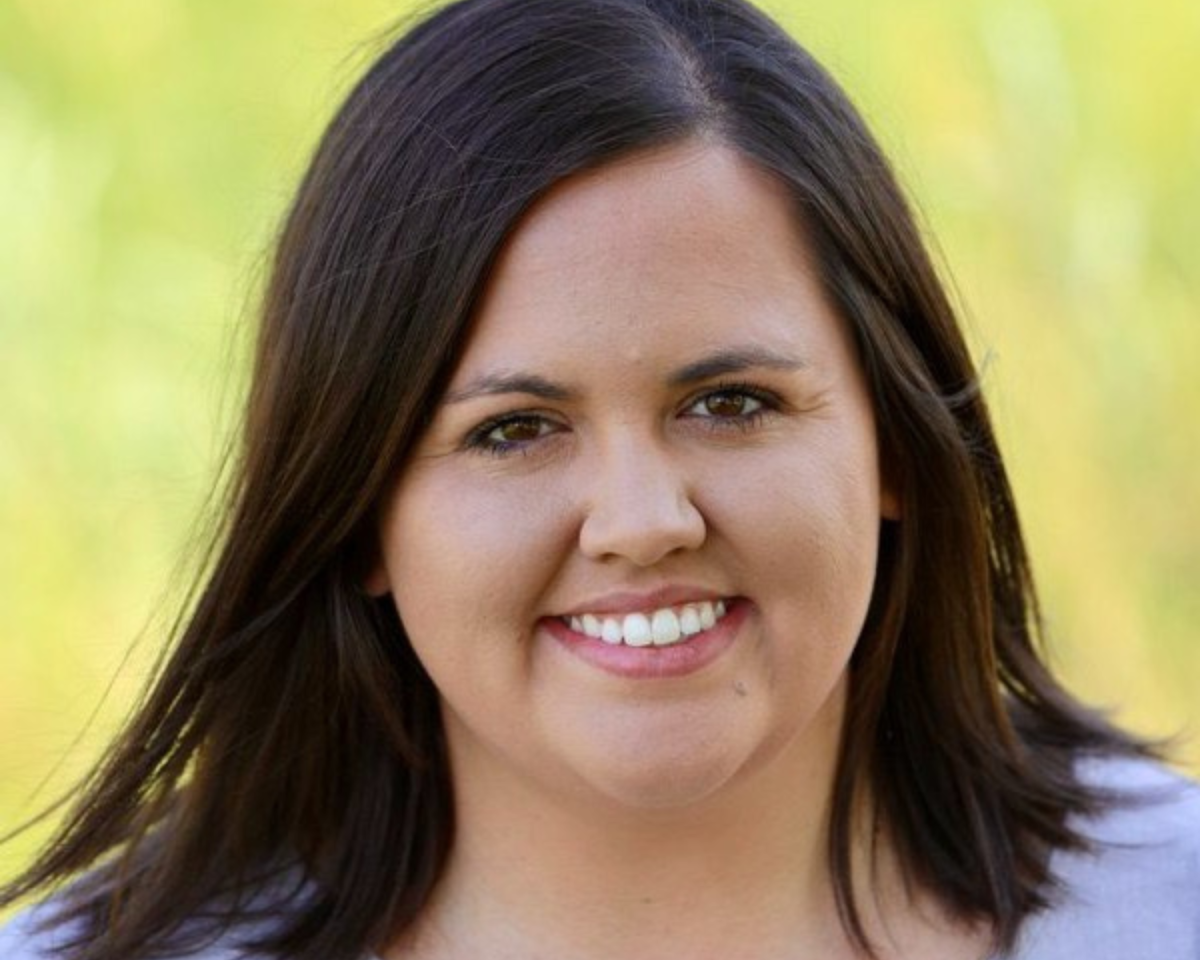Books banned by United States make a comeback
September 24, 1998
As an American and a product of public education, I occasionally lapse into thinking I live in a country where the government acts more nobly, more idealistically and with more concern for its citizens than other governments.
That’s not truly the case, but it takes concrete examples of wrongdoing for me to wrap my arms around the idea we’re susceptible to the same abuse as everyone else.
From 1926 to 1956, the Soviet Union banned the Bible and the Qur’an from import and removed them from numerous libraries.
Hearing this, it’s difficult to not ask the question, “What sort of oppressive government bans such books from its citizenry?” Of course, we all know that, since it was the Soviets, the answer is: bad government.
If banning books makes a government bad, then I’m afraid ours is too.
Recently, the Modern Library released a list of the “100 Greatest English Language Novels of the Twentieth Century.” James Joyce’s “Ulysses” topped the list. Interestingly, Ulysses was barred from the U.S. for 15 years due to obscenity. You couldn’t legally get it here.
Advocates fought hard for years before the ban was lifted and publication stateside was allowed. Though the ban ended in 1933, the fact that our government prohibited the novel for 15 years serves as a good reminder that just because our nation was founded on the principles of liberty doesn’t mean we can take it for granted.
As John Philpot Curran said, “Eternal vigilance is the price of liberty.” If individuals like those who fought for the right to read “Ulysses” had not been around for the last 200 years, who knows how controlling our government would be today.
Next week is Banned Books Week, an event sponsored by numerous national library and bookseller associations. It’s the perfect chance to learn about the constant battle being waged for freedoms easily taken for granted.
While you might not care that 33 of the Top 100 novels have been banned or challenged, you might be surprised to know that Webster’s Ninth New Collegiate Dictionary was removed from classrooms in Carlsbad, N.M. for containing definitions of “obscene” words.
Last year, the American Library Association tracked over 600 challenges and bans in the U.S., involving everything from Maya Angelou’s “I Know Why the Caged Bird Sings” (because of a rape scene) to R.L. Stine’s Goosebumps books (too scary!).
It’s important, of course, to recognize the difference between a successfully banned book and one which has merely been challenged. To say a book has been “challenged” doesn’t mean someone just complained about the book — it means a concerted effort was made to remove the book in question from curriculums or libraries.
If it weren’t for the work of committed librarians and community members, every one of those challenges could be a successful ban. The Constitution, after all, is merely a bit of old parchment. Without people committed to the principles that are the foundation of our country — lawmakers, lawyers, judges, and everyday citizens — it would be meaningless. It isn’t the Constitution which prevents us from becoming the Soviet Union: it’s the people living here.
According to Charles Finan, president of the American Booksellers Foundation for Free Expression, challenges come from across the political spectrum: Liberals may try to ban a book because of violent or racist content; conservatives might challenge a work due to sexual material. And while most book challenges are well-intentioned, they run contrary to the spirit of freedom of expression.
Inherent in the act of parenting is instilling values in one’s children. For that reason, if you consider a book inappropriate for your children, you have the right to not let them read it. However, if you want to ban the book because you think it’s unacceptable, you’re reaching out and affecting other people’s children.
Banning a book may deny a person an opportunity for a life-changing experience, or the chance to be entertained, or any number of things.
That’s censorship, and nothing’s more contrary to the American spirit.
In addition to making an effort to read some of the books which have been banned, there are other ways to make good on Banned Books Week. One event on the agenda for the week is a visit from Nadine Strossen, sponsored by a smorgasbord of campus and community groups. Nadine is president of the American Civil Liberties Union, a nonpartisan organization committed to defending the Bill of Rights. She’ll be making two appearances in the Memorial Union next Wednesday, the first at 3 p.m. in the Gold Room for an informal conversation, and the second at 8 p.m. for a more formal speech on censorship.
Both events are open to the public.
Banned Books Week serves as a marvelous reminder that we can’t take our heritage of freedom for granted. You never know when someone will come up with a reason to deny you the opportunity to learn or experience something new. After all, if something as straightforward as a dictionary can get banned in this country, no one is safe from Bad Government.
Ben Byrne is a senior in graphic design from Edina, Minn.






